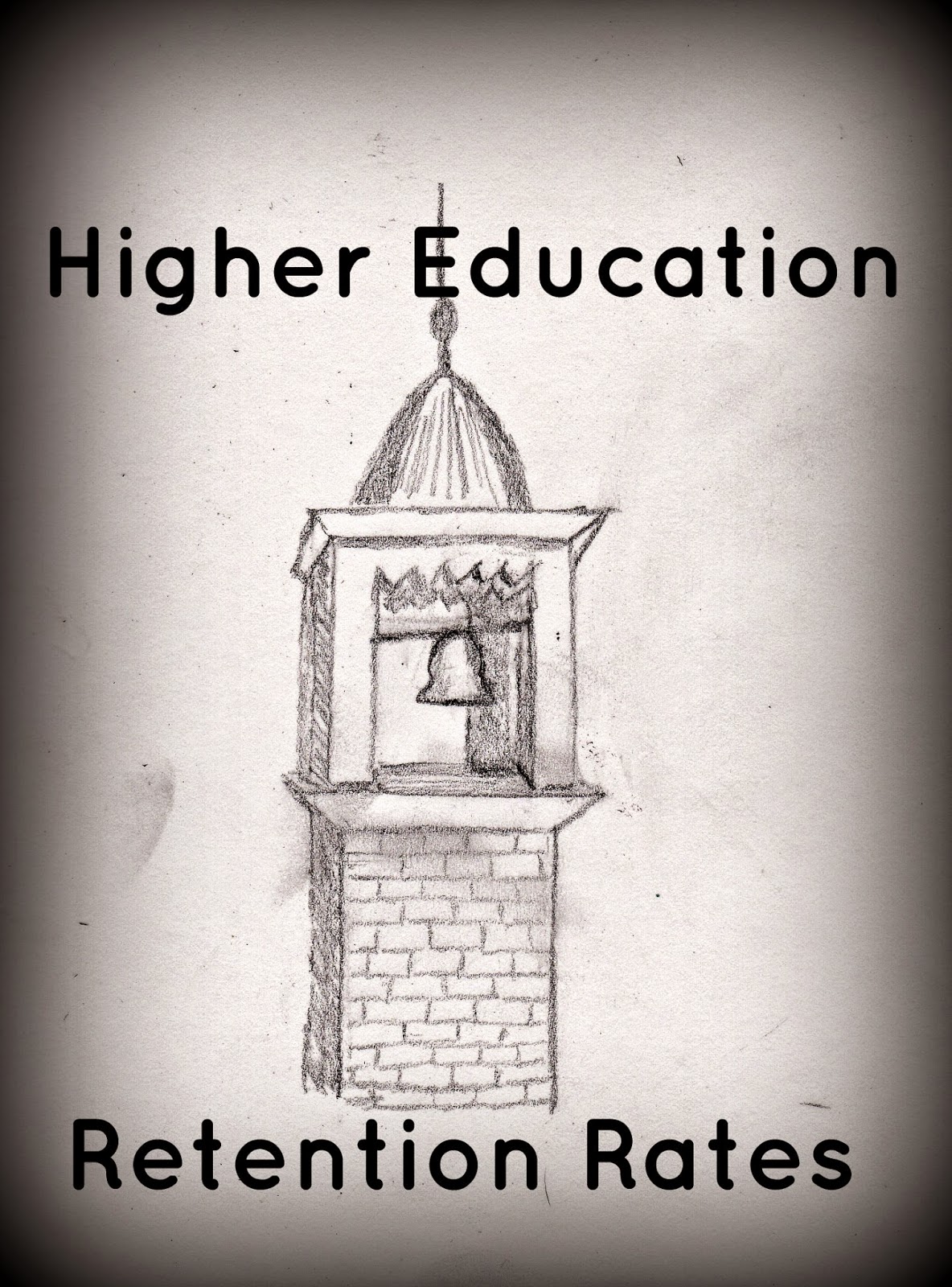Gifted individuals
are untapped national
treasures
that represent
what
is best
about society
in the sense
that
they
push
human
thought
and performance
to new
levels. Unfortunately,
our society
has a difficult
time
identifying
gifted
individuals,
challenging
them, and encouraging
them to perform
at the highest
levels. Identifying
potentially
giftedness in college
students
and placing
them in a course
designed
around self-awareness of their unique
talents
can improve
their performance
and raise their confidence.
Giftedness is a physiological and psychological difference that leads to higher levels of performance. The process of challenge, stress, disintegration, and reemergence is uncharted territory for many researchers. Theories have discussed the difficulties gifted individuals face in their over excitabilities (OE) and positive disintegration that leads to higher performance.
Students may go through their whole lives wondering why they think differently, act differently, get excited about some ideas, and can move in and out of “flow” where the outside world ceases to exist. The higher their intelligence, the more different they see themselves as they rub against conventional wisdom. It is precisely these traits and challenges that push them willingly, or unwillingly, into higher forms of human development.
If the purpose of higher education is to enhance individual knowledge and performance, then such classes should be seen as important. According to Overzier and Nauta (2014) having a gifted class can lead to stronger overall performance of the student. Some individuals may go on to invent new things and solve world problems.
One of the reasons why an awareness class leads to higher performance is that it gives a stronger context for one’s behaviors, thoughts and actions that leads to higher forms of confidence. That confidence can make its way into future ways of thinking and performance. Confidence and high performance can be an unbeatable combination.
The idea of a class for gifted and high-performance individuals may have positive benefits for the students, colleges, and their countries. It makes one wonder that if students were selected based on performance and creativity and then offered a class about leadership, self-awareness, etc…that heavily loaded with these ideas, would it have an impact throughout their lives? In an online university, it may be possible to have a class that focused on the universal traits of high-performance individuals.
Giftedness is a physiological and psychological difference that leads to higher levels of performance. The process of challenge, stress, disintegration, and reemergence is uncharted territory for many researchers. Theories have discussed the difficulties gifted individuals face in their over excitabilities (OE) and positive disintegration that leads to higher performance.
Students may go through their whole lives wondering why they think differently, act differently, get excited about some ideas, and can move in and out of “flow” where the outside world ceases to exist. The higher their intelligence, the more different they see themselves as they rub against conventional wisdom. It is precisely these traits and challenges that push them willingly, or unwillingly, into higher forms of human development.
If the purpose of higher education is to enhance individual knowledge and performance, then such classes should be seen as important. According to Overzier and Nauta (2014) having a gifted class can lead to stronger overall performance of the student. Some individuals may go on to invent new things and solve world problems.
One of the reasons why an awareness class leads to higher performance is that it gives a stronger context for one’s behaviors, thoughts and actions that leads to higher forms of confidence. That confidence can make its way into future ways of thinking and performance. Confidence and high performance can be an unbeatable combination.
The idea of a class for gifted and high-performance individuals may have positive benefits for the students, colleges, and their countries. It makes one wonder that if students were selected based on performance and creativity and then offered a class about leadership, self-awareness, etc…that heavily loaded with these ideas, would it have an impact throughout their lives? In an online university, it may be possible to have a class that focused on the universal traits of high-performance individuals.
Overzier, P. Nauta, N.
(2014). Coping with qualities of giftedness. Gifted & Talented International, 29 (1/2)


